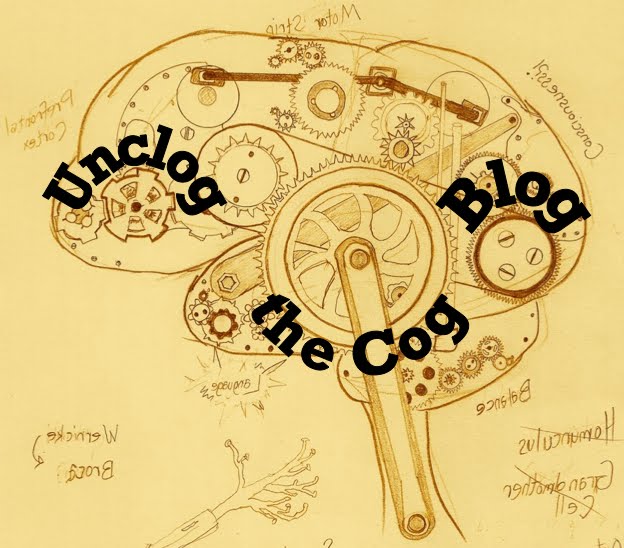1. Online School Portals- As of this month, the last North Shore School (surprising who took the longest) now has the ability for parents to know assignment grades before kids get them in class. Pros: smooth flow of information through the "assignment circle (of Doom)-see below. Cons: the wrong people can tend to the information (read: parent anxiety alert!), and heck, who needs an assignment notebook now?
2. Response to Intervention - the transformation is complete (ly stupefying). By this point, schools are now agents of RTI ("Really Timeconsuming Interference"). Those who used to be called school psychologists are now "intervention specialists," the burden on classroom teachers is multiplied, the "diagnosis by treatment failure" model-ridiculed in medicine-is the M.O., the most amazing curricula are justified as "research based," and the kids who I know would benefit from some good school-based individually catered instruction are now delayed the help we all know they need.
3. Everything you need to know is now in most kids pockets - iPhones and other mobile technology are now more ubiquitous than pens/pencils in my office. It forces a wonderful shift from teaching as dumping of information to filtering of relevance.
4. Spell Links program - By now you should know I am not a lock-step programmatic thinking kinda guy; however, Jan Wazowicz's next project after the ubiquitous Earobics auditory processing success promises to be a player nationally as it takes language-based, theory-driven, individually-tailored genius to the realm of spelling and decoding. Access points include Holly Shapiro's Ravinia Reading Center.
5. The spectrum is now on our collective cultural radar - autism spectrum disorders, including Aspergers (which will disappear in the new DSM-V proposed this year) are talked about the media, in heart-felt ways, making us all begin to notice the subtlety inherent in nonverbal communication. Did ya know that contagious yawning happens less in young kids with autism?
.jpg)

A zippy format for unclogging clogged cogs...like mine!
ReplyDelete